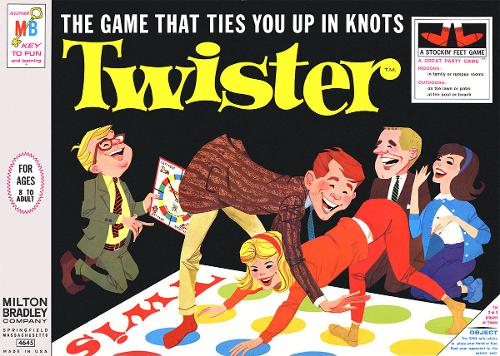Not all listeners care about accuracy, but let's deal with the situation that we are recording an acoustical concert and judging the result on speakers using experienced listeners. And these experienced listeners care about how closely the reproduction comes to the original.
I'm a subjectivist because accuracy is subjective.
Let's say we are comparing two speakers, A and B. The measure differently and there is no debate they sound different. There is also no debate that neither is perfect; they both have distortion. The only way to determine which is more accurate is to listen. Plain and simple.
And two experienced listeners could reasonably disagree about this. That's because different listeners listen for different things. One may care about rhythm more than timbre, and another the reverse.
It's real simple folks. Different listeners care about different things. Everyone who has listened a lot has trained themselves, whether consciously or unconsciously, to listen for particular things.
Some objectivists will reply that measurements are useful because they are objective.
Look, here's a point that seems to get overlooked constantly. Audio exists to create an experience in the listener. Not to make amplifiers that measure well.
Now, if measuring well can be correlated with the particular listening experience, then and only then is the measurement useful. And the only way to determine a correlation is to have people listen.
So it goes back to listening.
It goes back to people listening and trying to report their experience in some form. Whether it's a musician who "reports" by saying speaker A sounds more like real instruments, or whether it's a test subject who rates speaker preference by ranking two speakers, it's all about listening.



